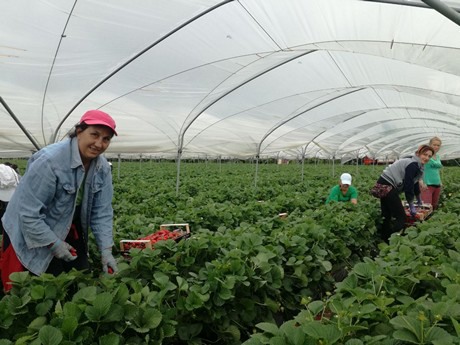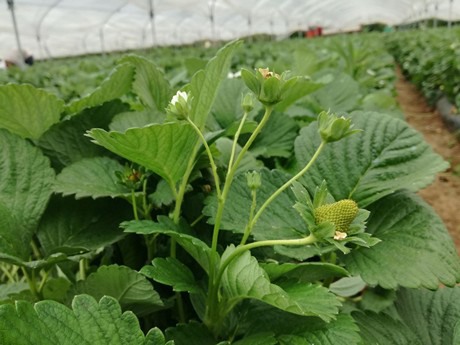"Basilicata is a magnificent region producing high-quality fruit every day. Strawberries, for example, have become a product generating a considerable turnover for the entire region. Nonetheless, every campaign we must tackle a series of difficulties that could be easily resolved," explains producer Vincenzo Padula.

"The current strawberry campaign is almost coming to an end and we lost a lot of high-quality produce due to the lack of labor. The fact that there are no lists of workers in employment offices, for example, made it difficult for producers to find enough work units/hectare when they most needed them."
"We also had to deal with the weather, as a strong sirocco wind that lasted for around a week meant all crops ripened at the same time, leading to an excess of fresh produce available precisely when we could not find additional workers."

"Strawberries should be harvested every 3-4 days, but we had to leave them on the plants due to the lack of labor, leading to an excess of produce wasted. The high humidity levels and the rain mean fruits deteriorate more easily and the abnormal weather affects production. Despite the high-quality of the fruit, we lose it due to sudden temperature changes, which also drive down demand."

"We believe in strawberries a lot as, over the years, they has been the only crop that has ensured a minimum income. However the authorities must do something to make it easier to find workers, so no fruit is left in the fields, and to hire work units."
